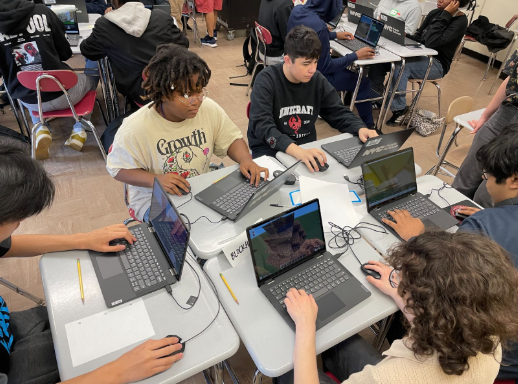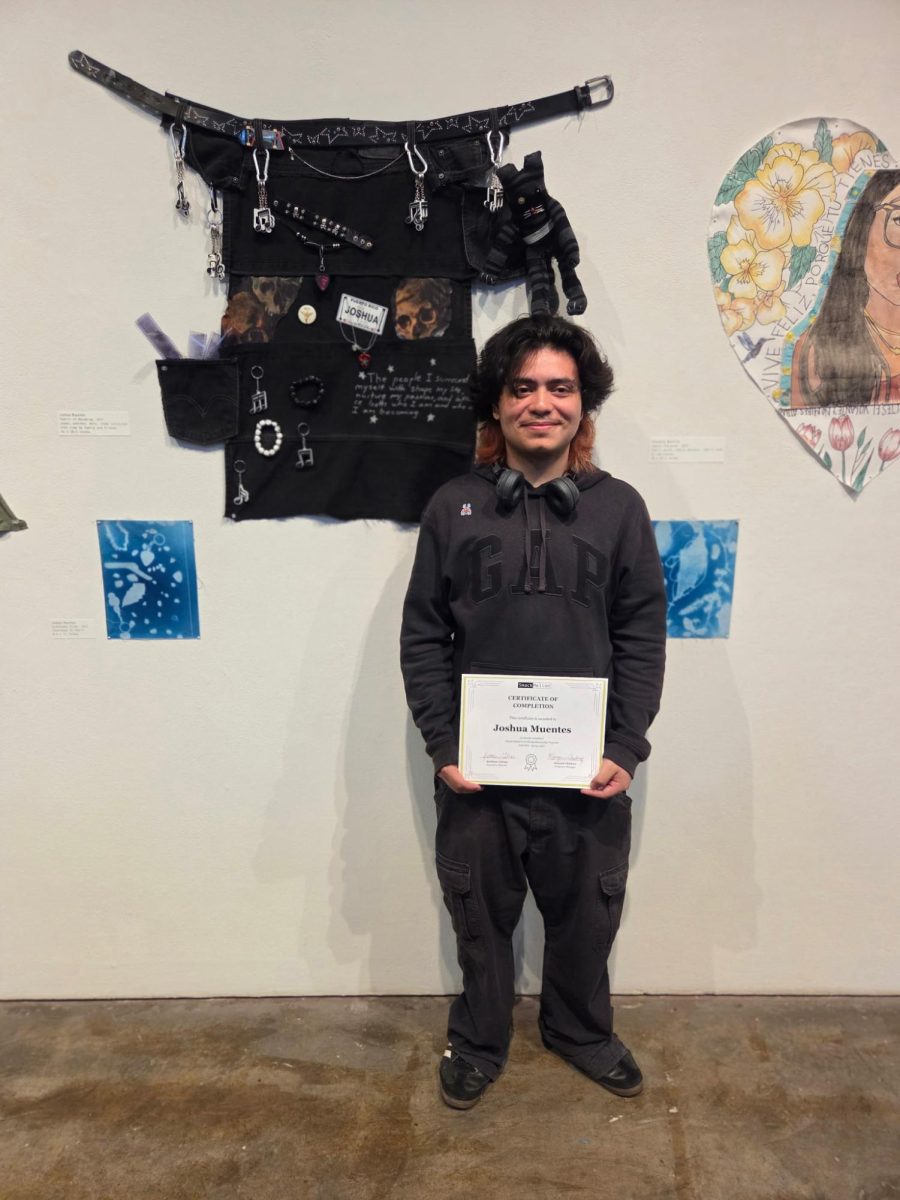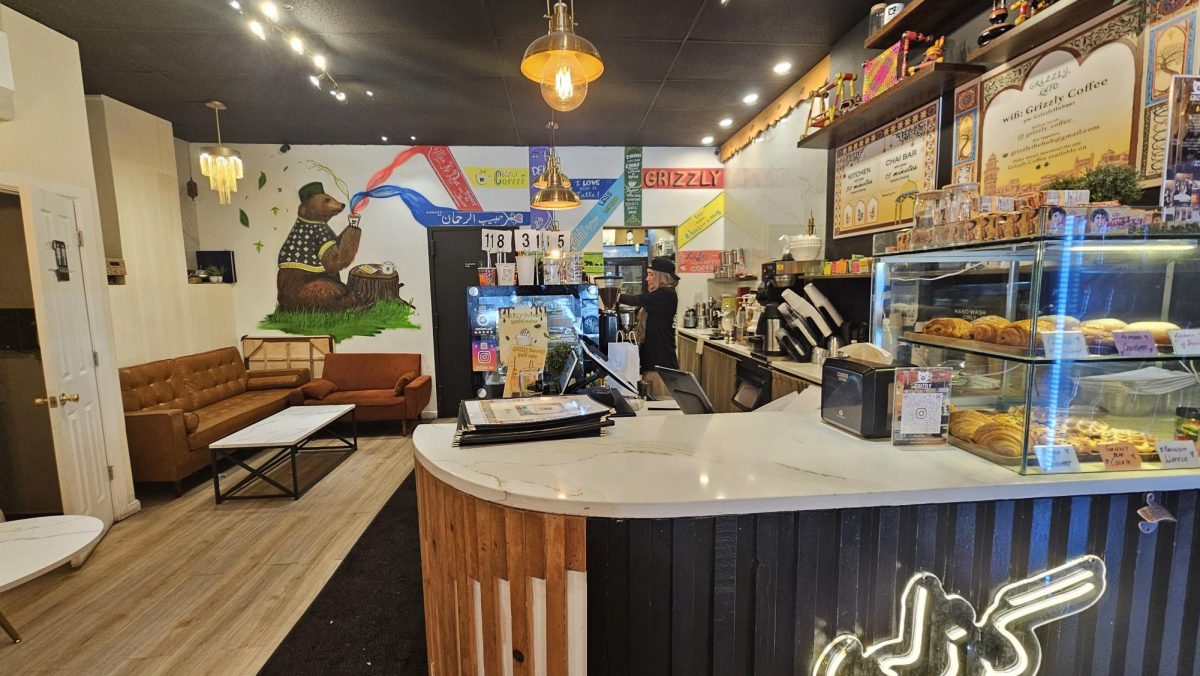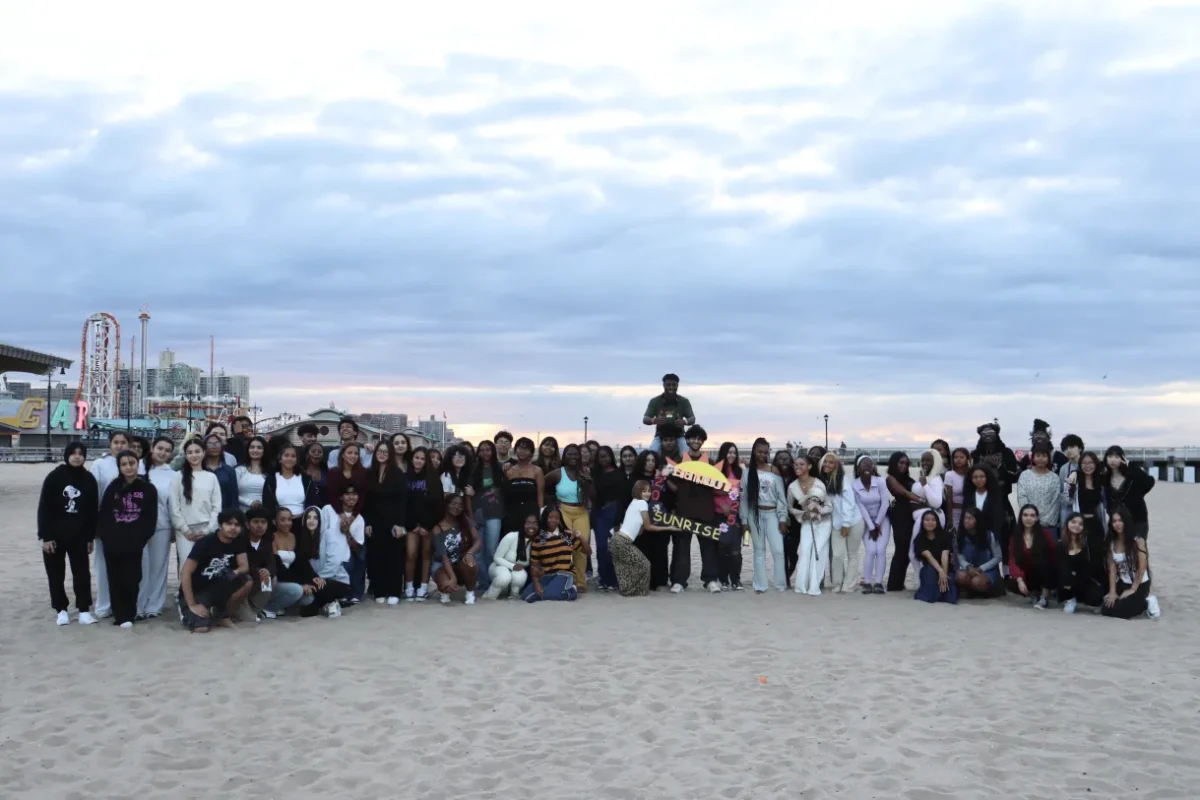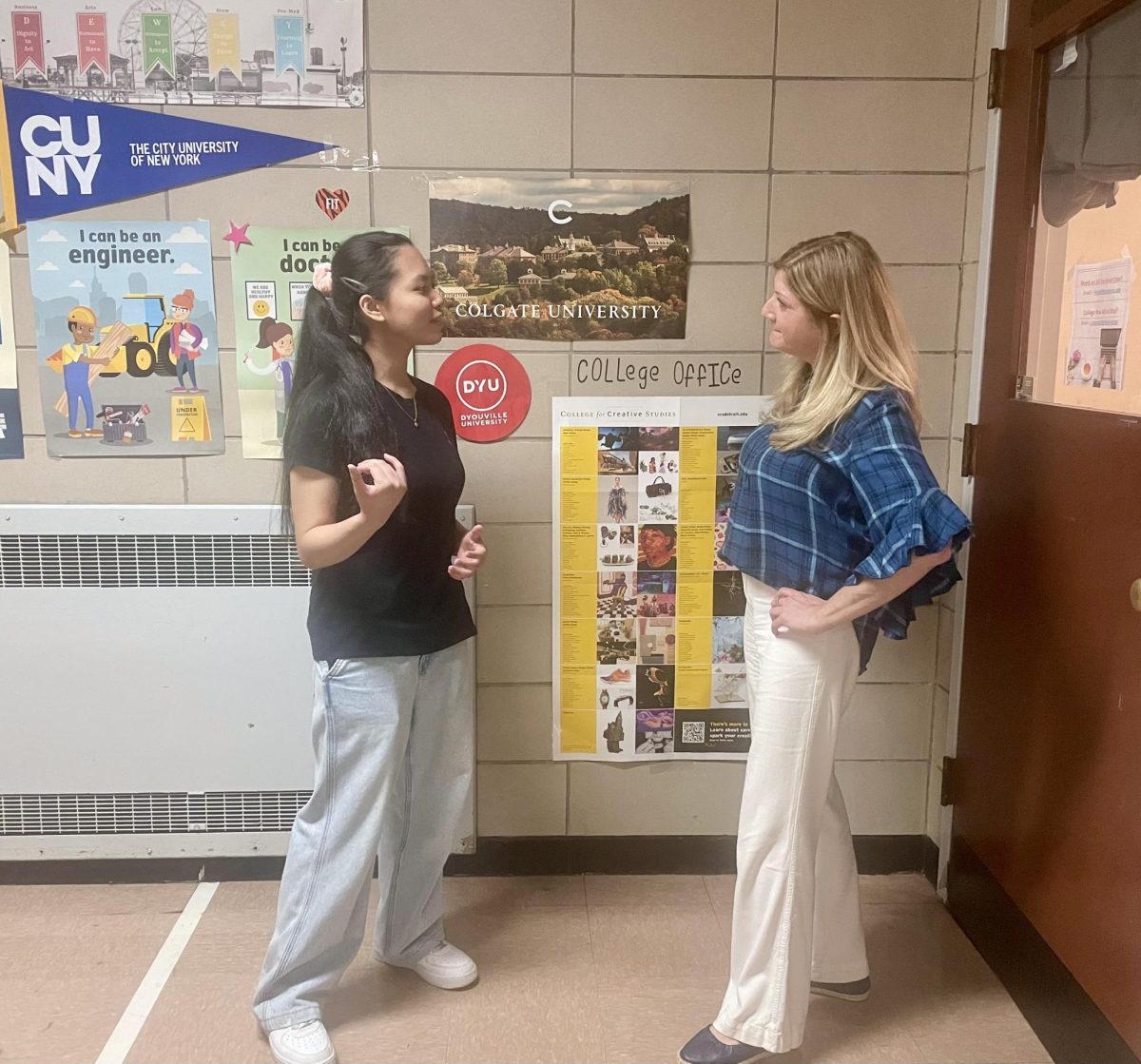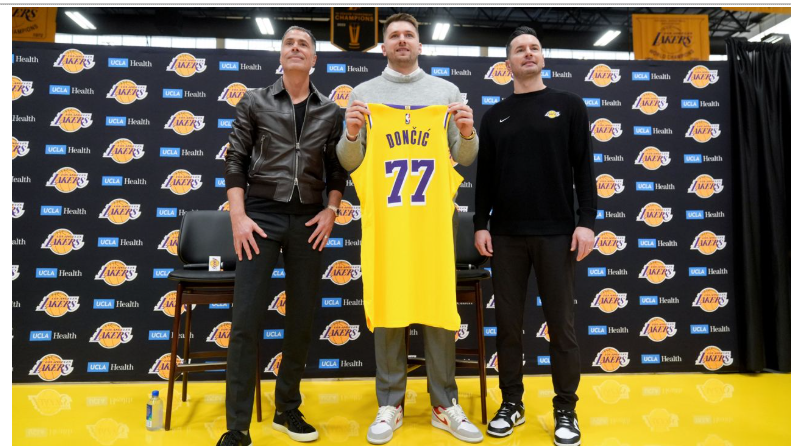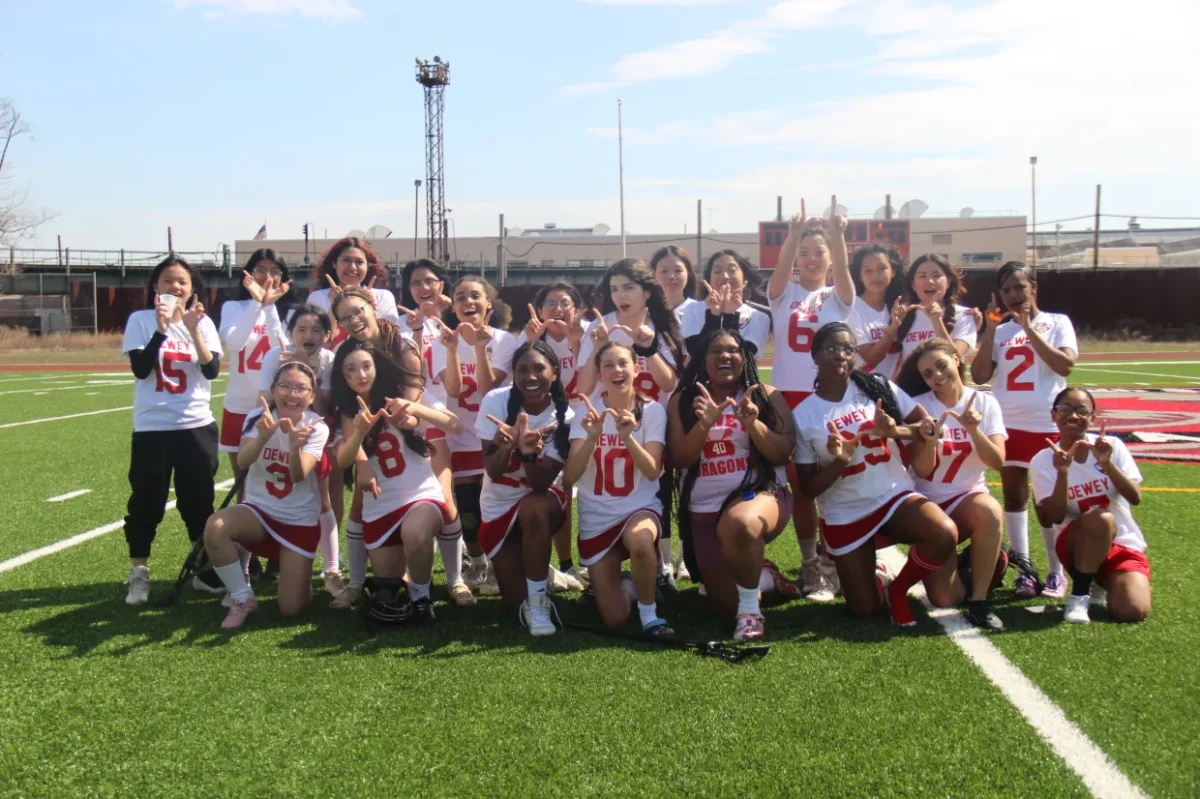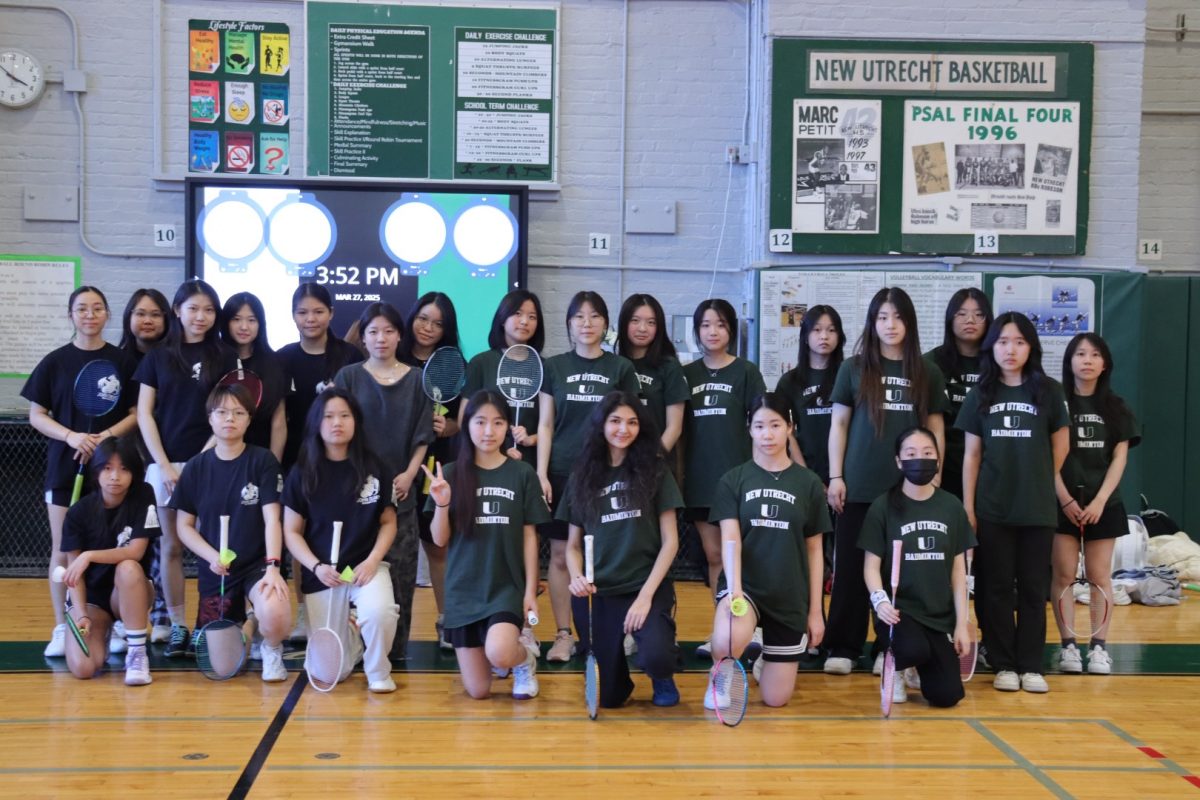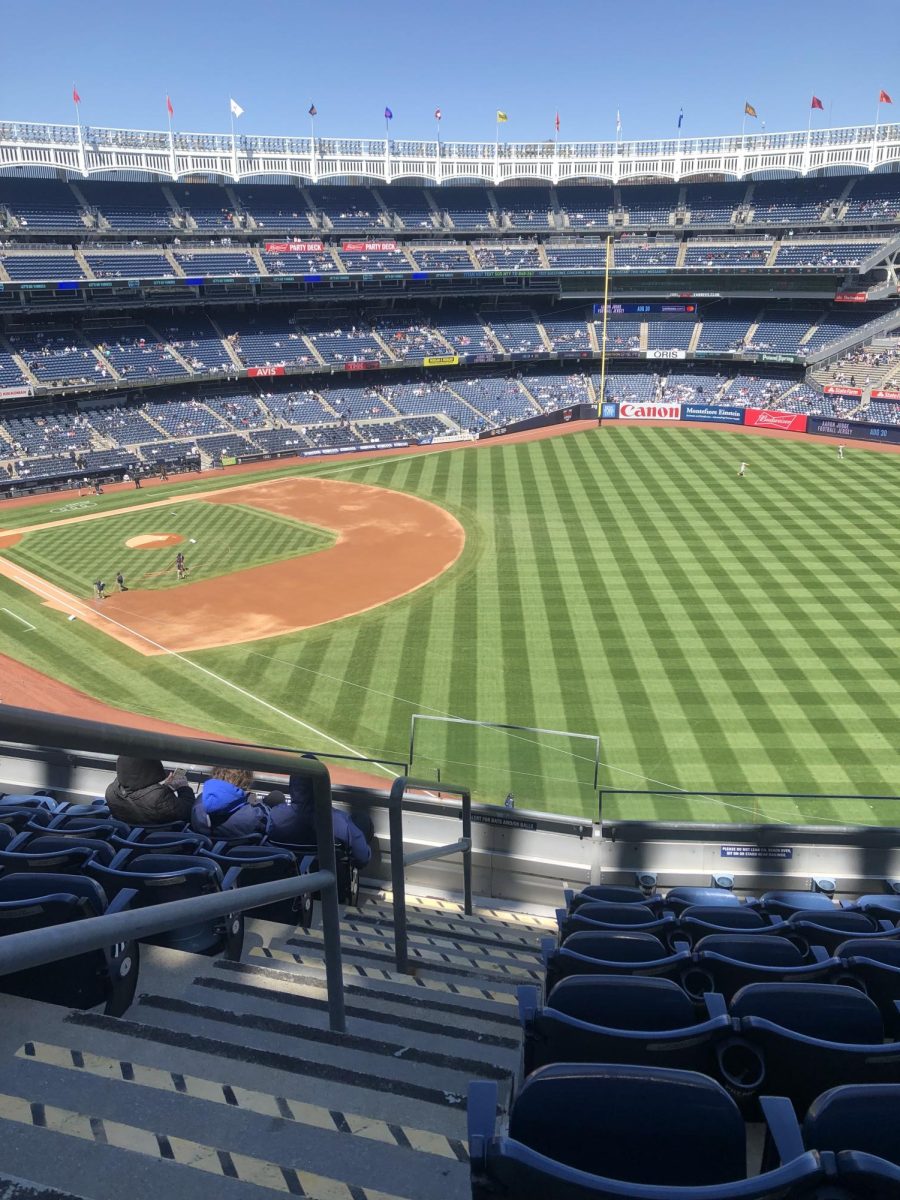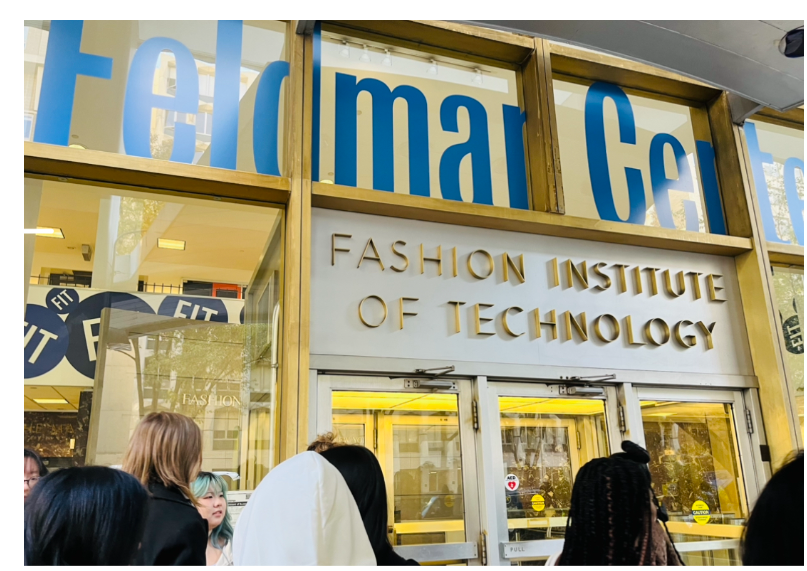A familiar scene—a high schooler racing against the clock to submit their college applications in these final two months. Transcripts, teacher recommendations, personal statements—the list goes on. While the rest of the world seems to be easing into the holiday spirit, high school seniors like myself are on edge.
“The idea of simply applying was very overwhelming. I’ve been preparing myself for this since summer, and yet I still procrastinated until November,” senior Maybo Choi said.
For high school seniors, every moment since freshman year has been leading up to this pivotal point, and there’s no room for error. I remember sitting in my 9th-grade algebra class when my teacher announced that the moment we stepped into the building, we had “already entered college.” From that moment on, every action—or inaction—and every decision we made would shape our admissions outcomes.
The pressure isn’t limited to seniors; underclassmen feel it too. With each passing year, top colleges accept fewer applicants. A high GPA and strong SAT score, once golden tickets to admission, are now merely the baseline. As competitive as this college admissions season feels for me, it will likely be even more daunting for those applying in the years to come.
Every advanced placement class we took, every hour spent studying for the SAT instead of hanging out with friends, and every extracurricular activity we joined were calculated steps toward boosting our chances. Four years is a long time to dedicate to something so fleeting, yet this brief moment causes immense stress for high schoolers nationwide.
I spent countless nights binge-watching YouTube videos promising to “hack” the admissions process. I worried myself sick—sick to my stomach—that I might face rejection from every school I applied to. In junior year, I dreaded the thought of attending a non-prestigious college. Millions of students experience this same obsessive mindset about admissions.
There’s no single solution to this issue. Instead, a complex web of factors has created our current situation. Toxic competition, legacy admissions, low acceptance rates, and widespread misinformation all play a role, making the college admissions process feel like an endless nightmare.
“The admissions process is not fair, especially for more selective schools. Legacy applicants and those who donate large sums of money have a significantly higher chance of getting in than typical students,” senior Annie He said.
This raises an important question: why must American students endure such a grueling and relentless process just to have a chance at being accepted? Other countries seem to have it figured out, with less competition and more affordable tuition. Germany, for example, offers free tuition at public universities for all students. Other countries have little to no debt, nowhere near the 1.74$ trillion dollars in student loan debt Americans owe today. That’s a separate crisis altogether.
Free or affordable tuition is great but that’s not the reality for me and my peers. In all honesty, most of us wouldn’t be this obsessive if it weren’t for college admissions. Many of us would be living more balanced, fulfilling lives, focusing on what truly matters. Getting accepted into Stanford or MIT is undoubtedly an extraordinary achievement, but only a select few—the best of the best—will make it.
There’s nothing wrong with being an “ordinary” person attending a non-elite school. High schoolers should aim to find a college that brings them joy, regardless of its prestige. While we should work to improve the college admissions process, we must also change how we perceive higher education.

